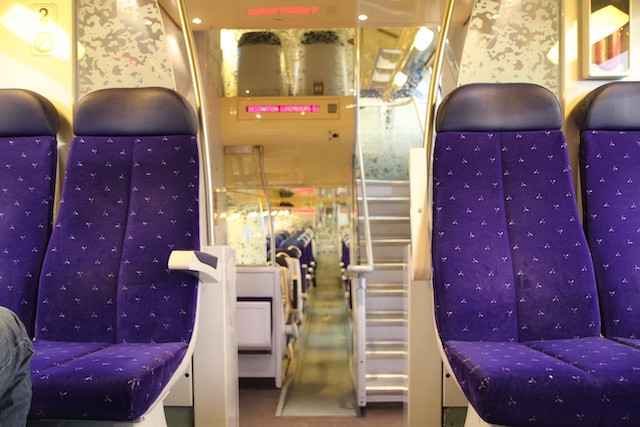A paper co-authored by the University of Luxembourg and Luxembourg Institute for Socio-Economic Research (Liser), published in the journal Nature Scientific Reports, studied data from 175 countries to identify the effect of each of the non-pharmaceutical interventions taken.
“The study shows that policies that reduce people's mobility, particularly through the closure of public transport, are the least effective. Indeed, once people no longer have to go to work or to school, a concert, or friends' homes, there are few people on whom mobility reduction measures can have an impact,” a summary of the report found.
It found the best results were gained from remote working, school closures, restrictions on private meetings and cancelling public events.
On average the measures took a week to produce results. Cancellations and restrictions of public events helped prevent exposure in crowded spaces where it is harder to respect a two-metre distance. Home confinement took longer to produce an effect, the authors wrote.
“[Home] containment appears to be less effective, even though it is the most difficult measure for the population to live with”.
It added that restrictions on international travel had a short-lived effect, becoming redundant as soon as an infected person travels to the country.
